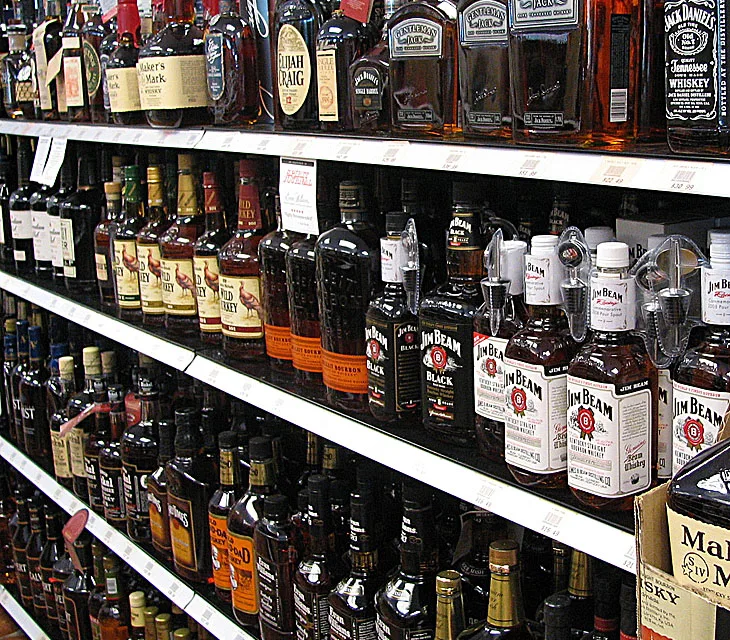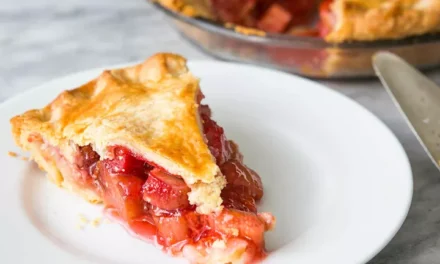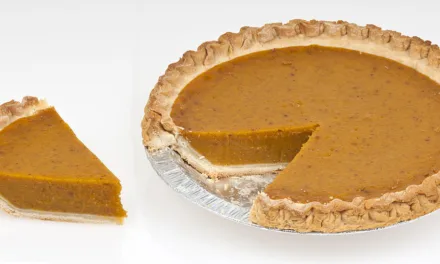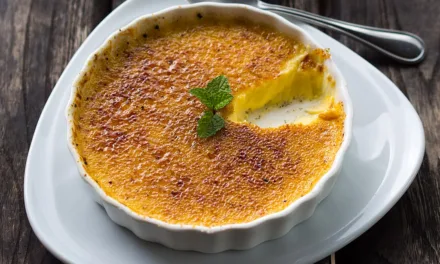Whisky (or whiskey, depending on its region of production) is a distilled alcoholic beverage made from fermented grain mash. Various grains are used for different varieties, including barley, corn, rye, and wheat. The process of making whisky involves several key steps: malting, mashing, fermentation, distillation, and aging.
- Malting: This is the process where barley grains are soaked in water to germinate and then dried with hot air to halt the germination. This step converts the starches in the grains into fermentable sugars.
- Mashing: The malted grains are then ground into a coarse powder known as grist and mixed with hot water in a large vessel called a mash tun. This process, called mashing, allows the enzymes in the malt to further break down the starches into sugars, creating a sugary liquid called wort.
- Fermentation: The wort is transferred to fermentation vessels and yeast is added. The yeast ferments the sugars in the wort, producing alcohol and other compounds, resulting in a liquid known as wash with low alcohol content.
- Distillation: The wash is then distilled, usually twice, in copper pot stills or continuous column stills. The distillation process increases the alcohol content and separates the alcohol from the wash. During distillation, the distiller can make cuts to separate the desirable spirit (the “heart”) from the less desirable “heads” and “tails.”
- Aging: The distilled spirit is then aged in wooden barrels, typically made of oak. The aging process allows the whisky to develop its flavors as it interacts with the wood. The length of aging can vary significantly, with many whiskies aged for several years to develop depth and complexity.
- Bottling: After aging, the whisky may be filtered and then diluted with water to reach the desired strength before bottling.
The characteristics of the final whisky, including its flavor, aroma, and color, are influenced by many factors throughout the production process, including the type of grains used, the fermentation process, the method and duration of distillation, the type of barrels used for aging, and the length of time the whisky is aged.There are several types of whisky, each with its own production methods and characteristics, including Scotch whisky, Irish whiskey, American whiskey (which includes Bourbon and Tennessee whiskey), and Canadian whisky, among others. Each type must meet specific regulatory requirements for its production to be labeled as such.
Image from Wikipedia






Recent Comments